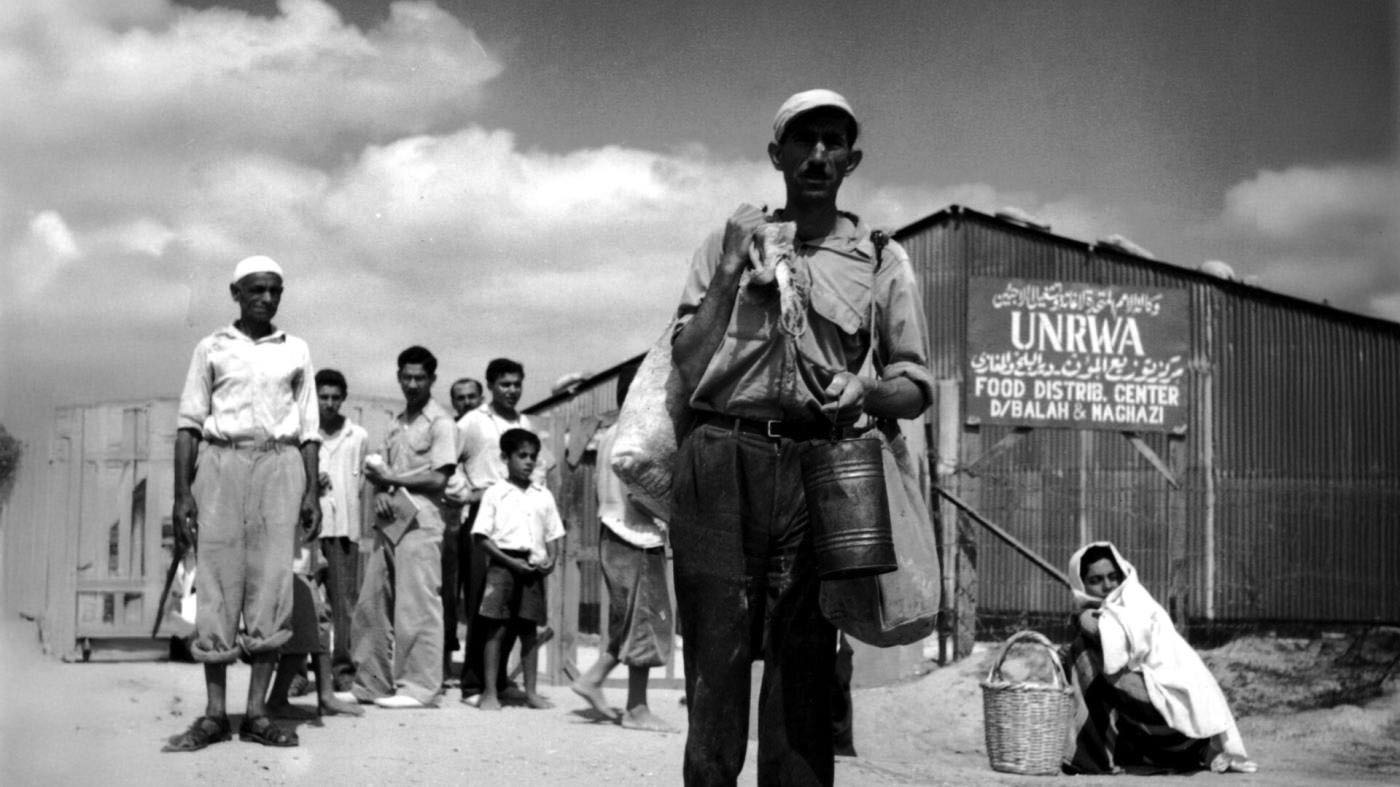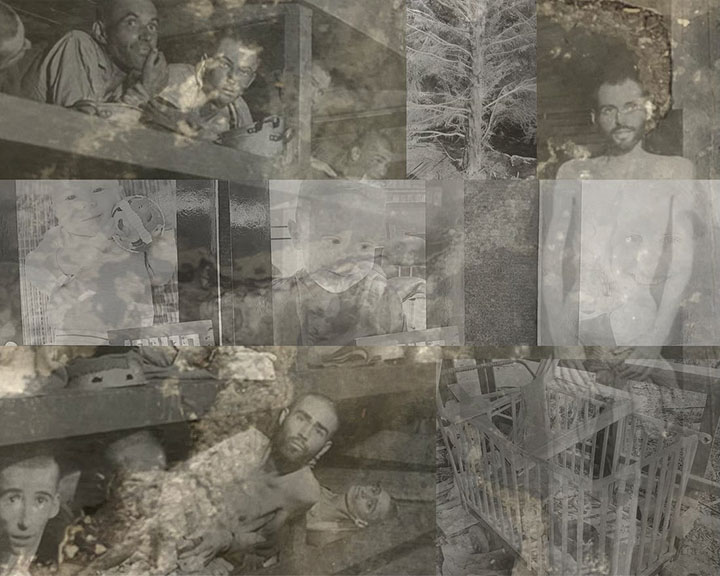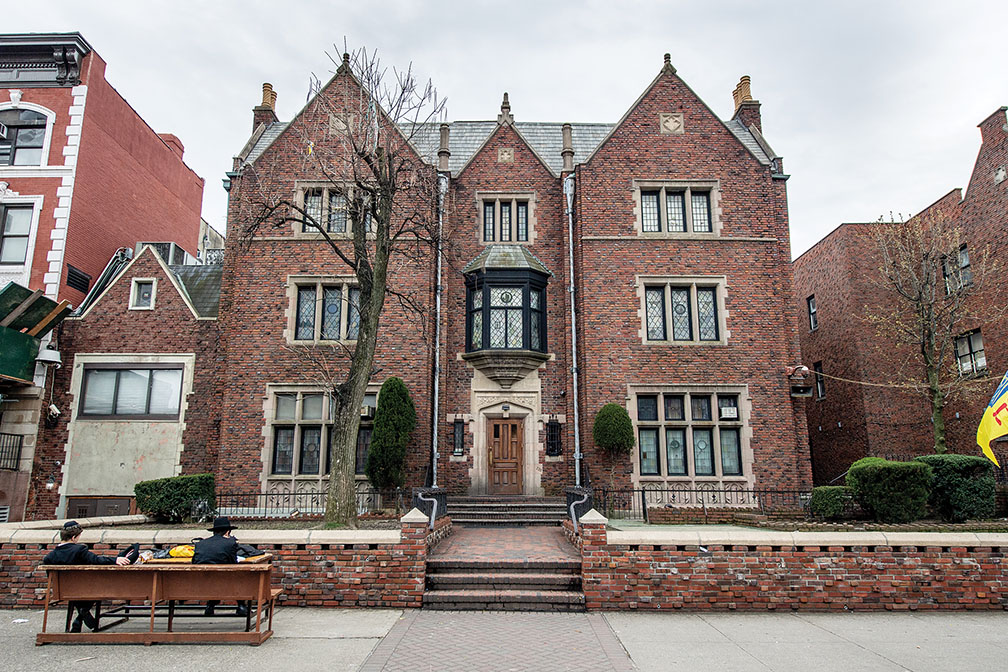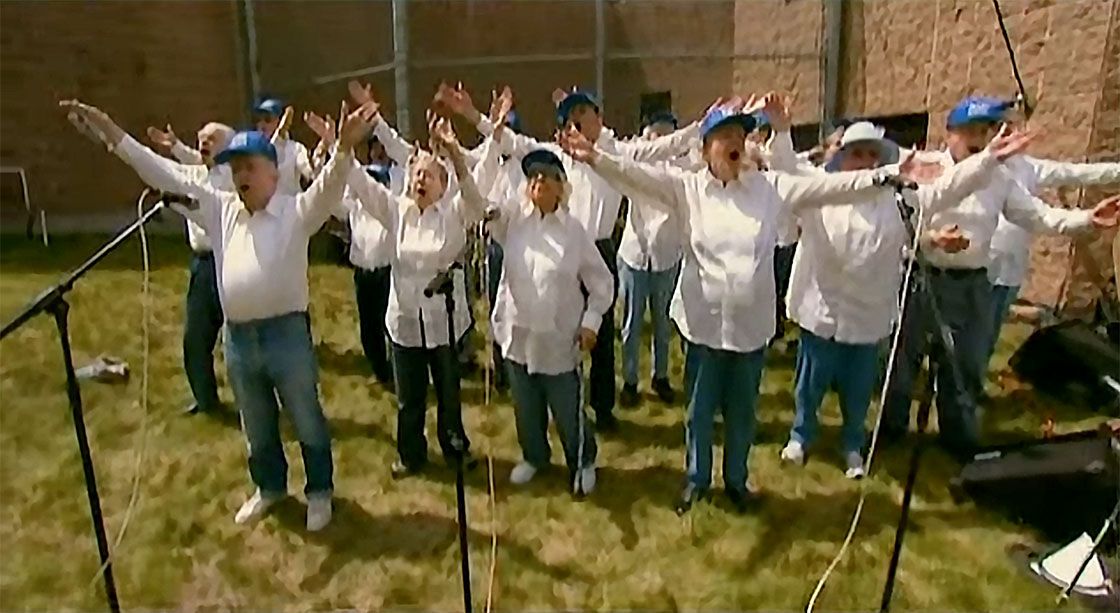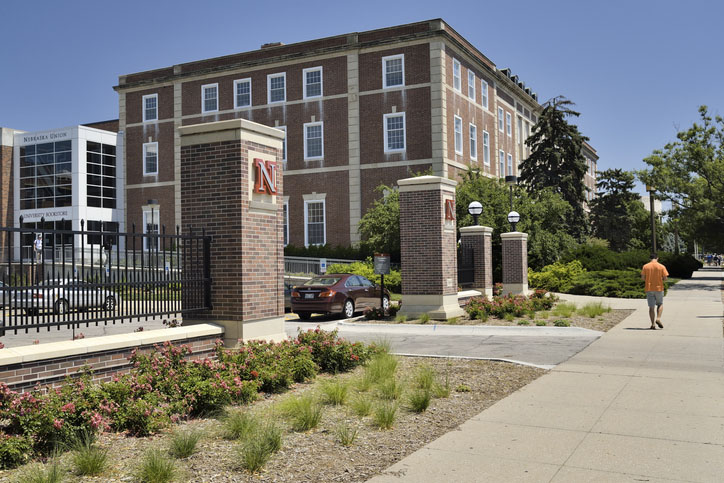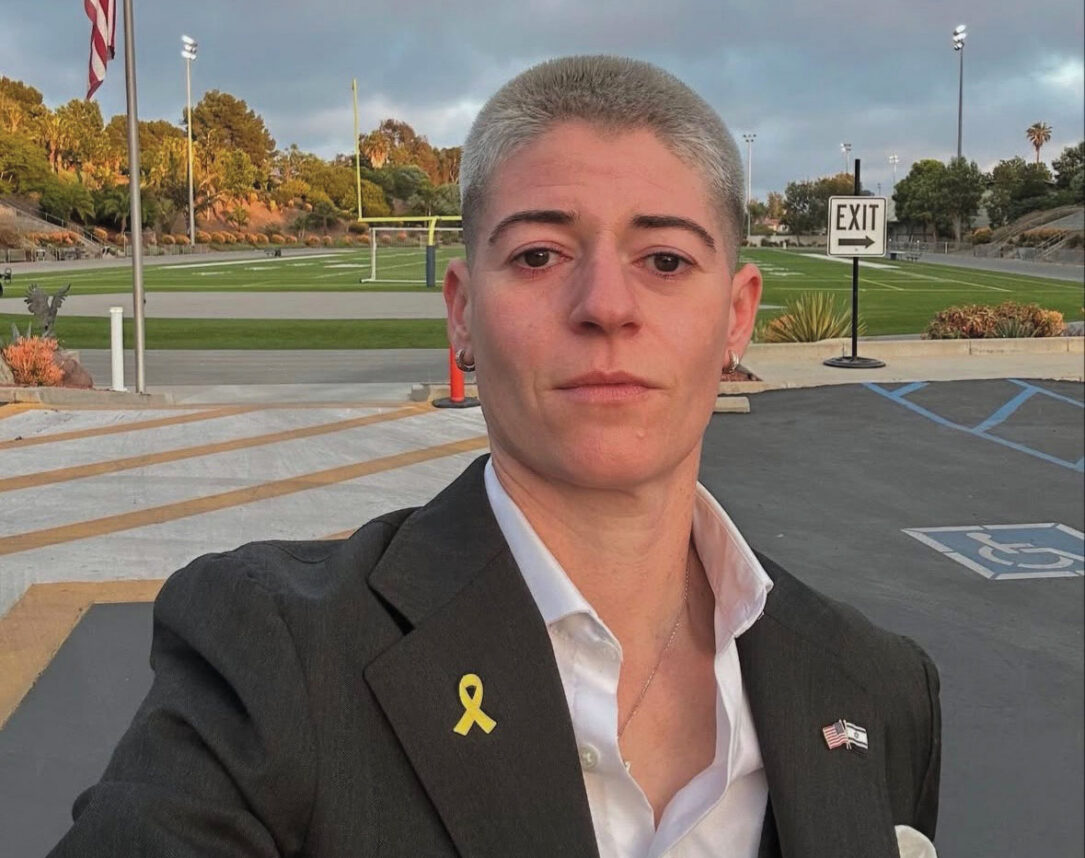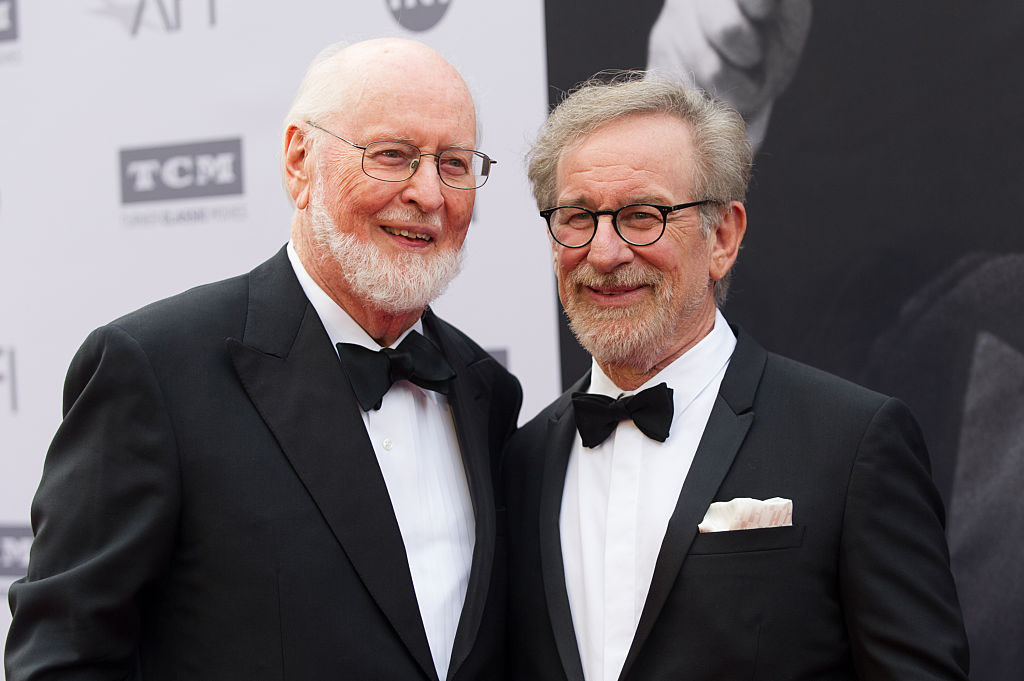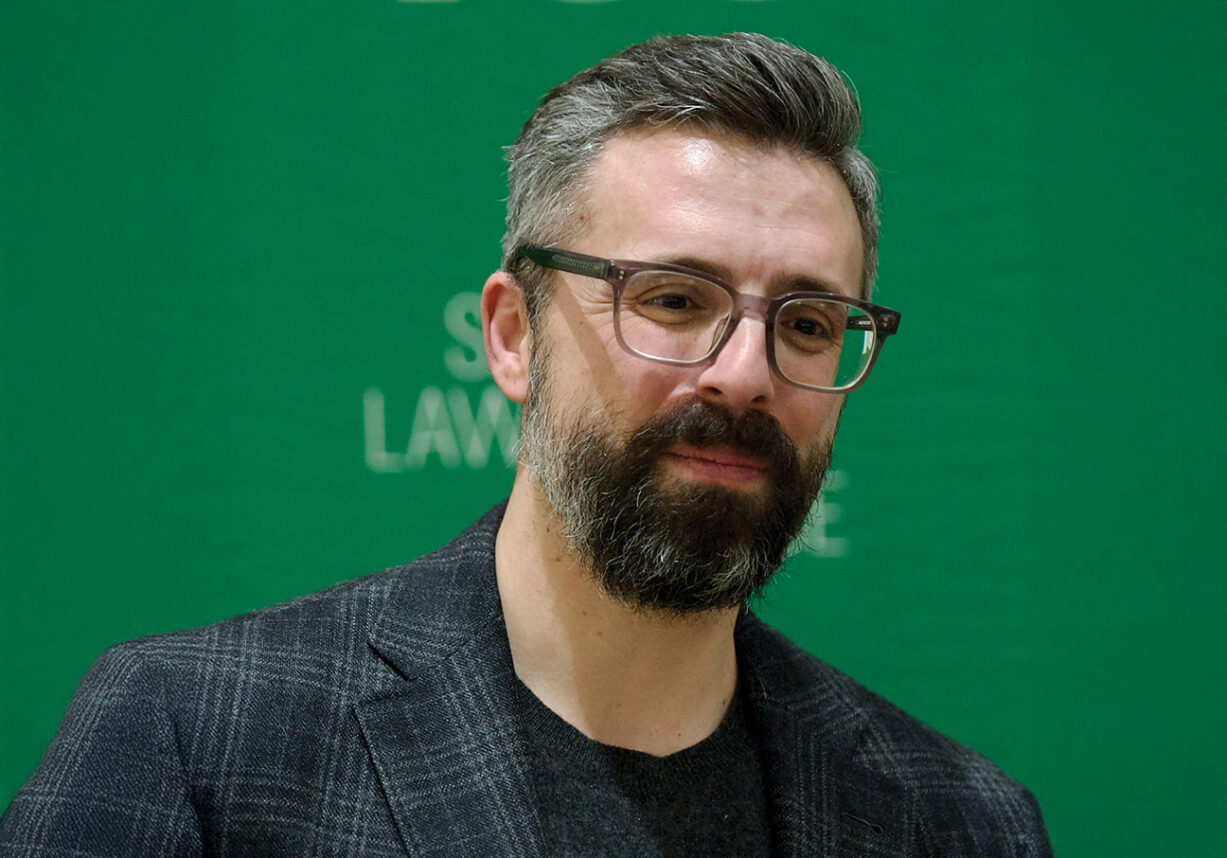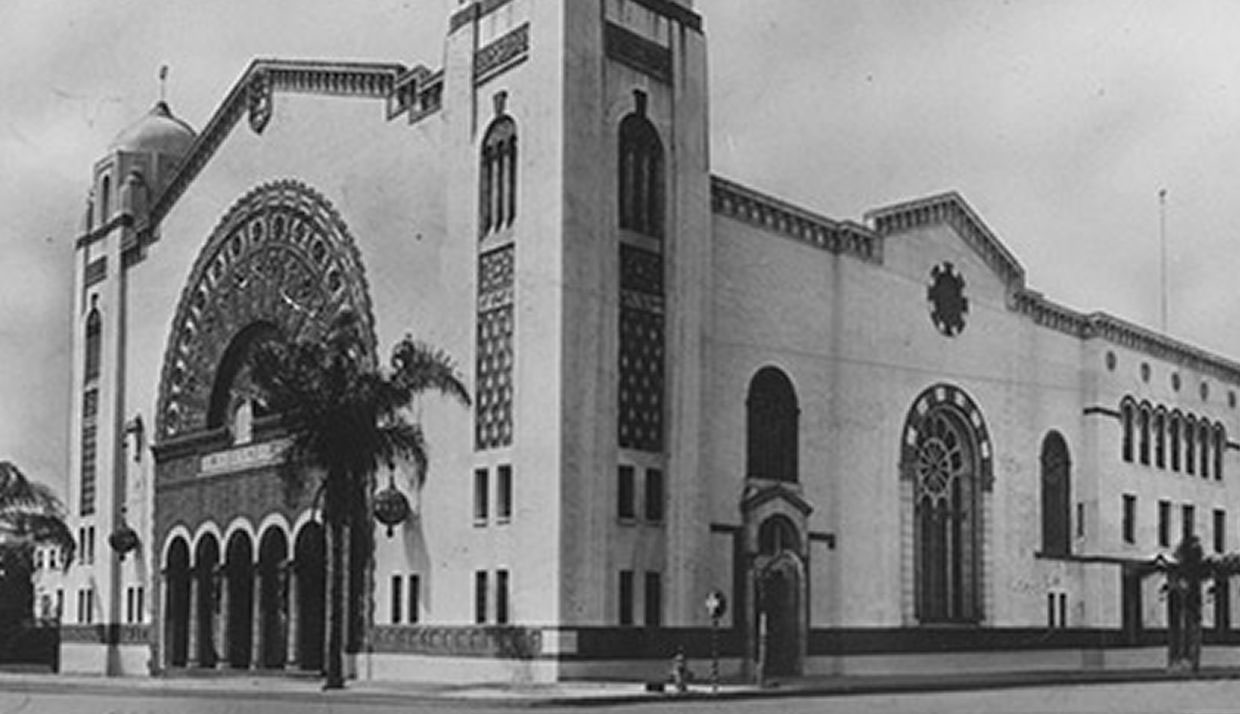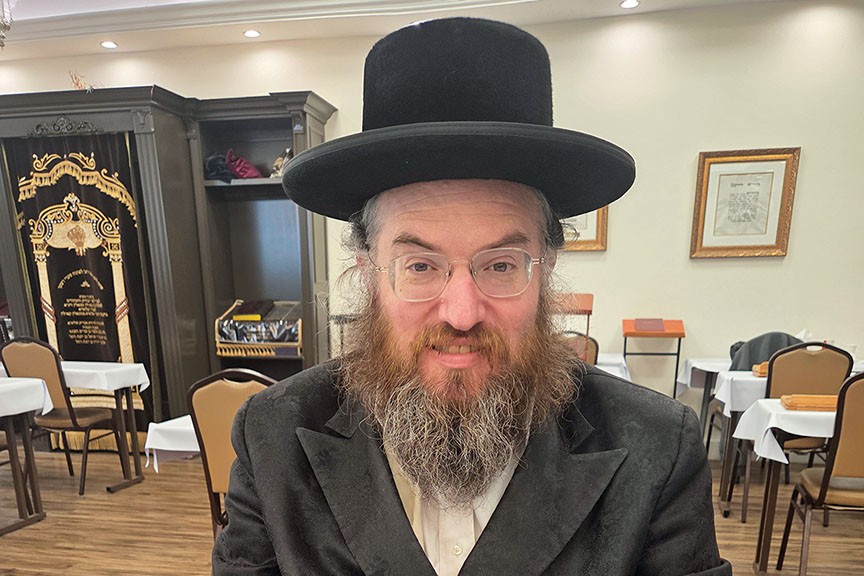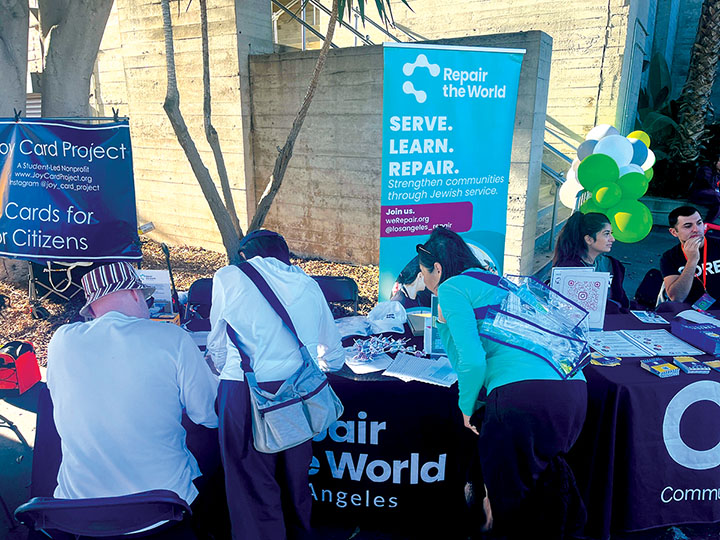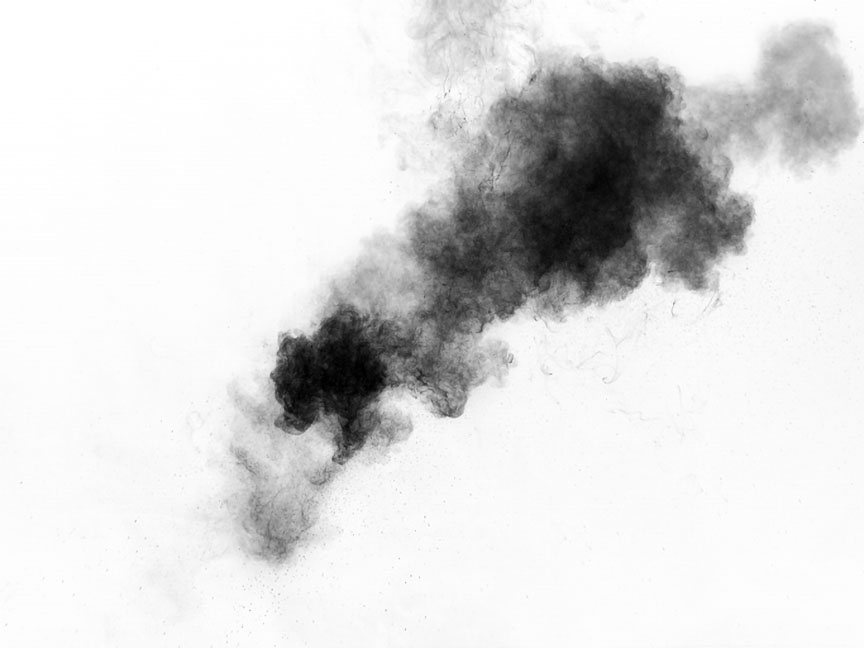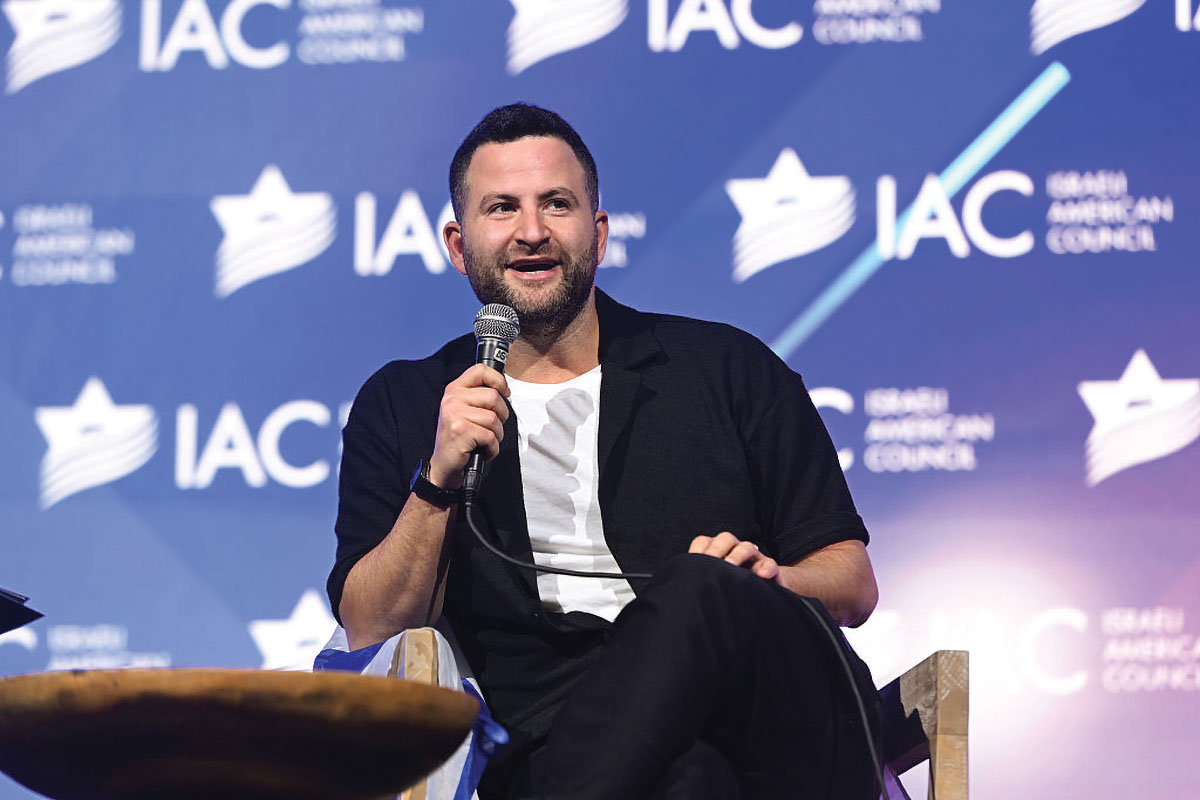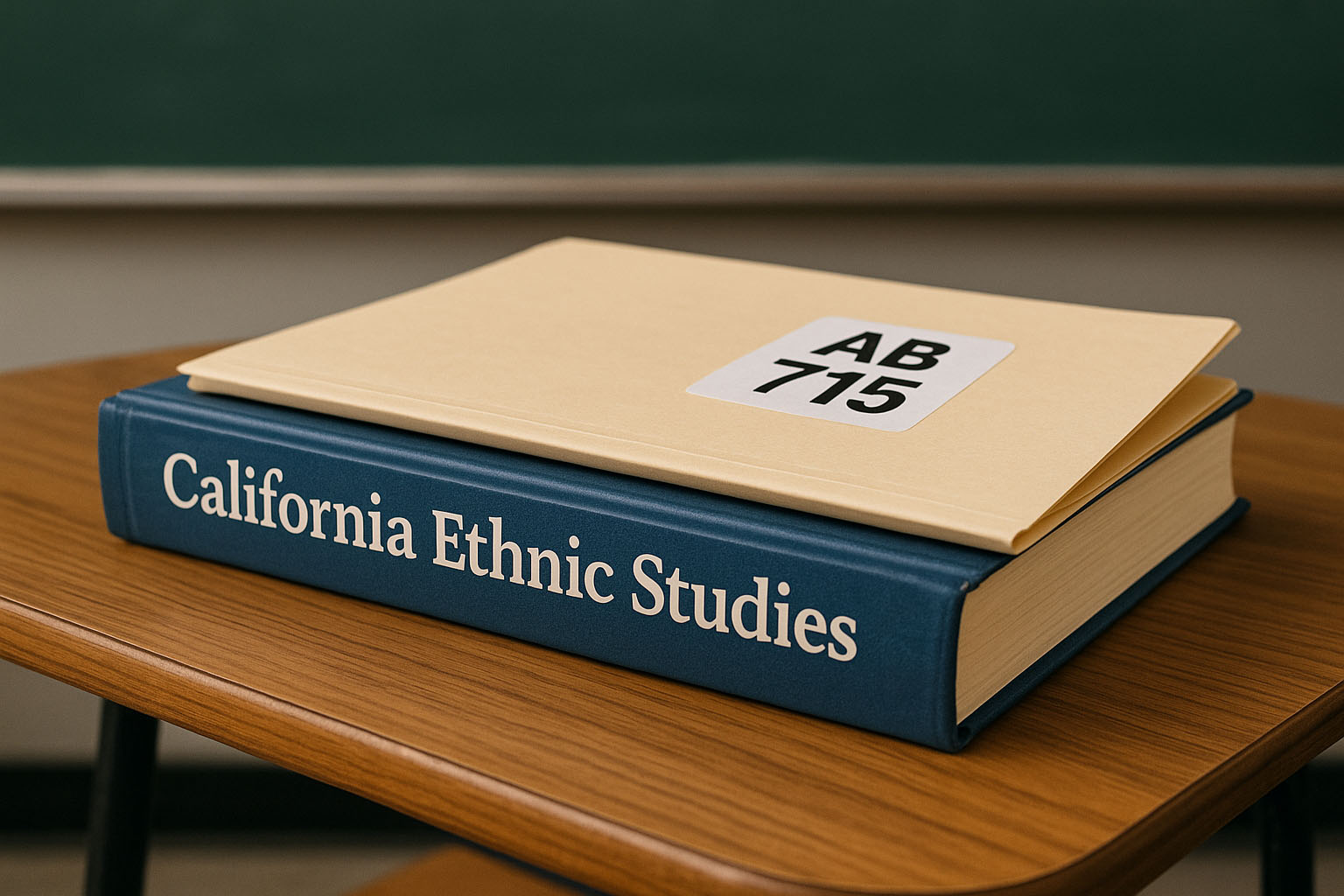
When you are parched from thirst, even a half-full glass of water seems like a gift. So we should be grateful that the California state legislature took its fitful and fractional steps toward protecting the state’s Jewish public school students from the type of hate and vilification that is routinely provided to children from other underrepresented communities. But certainly not satisfied.
Over a year ago, Assemblymembers Dawn Addis (D-Morro Bay) and Rick Zbur (D-Hollywood) introduced legislation that would have addressed shortcomings in the state’s new ethnic studies class requirement by providing statewide standards that would have protected against anti-Zionist and anti-Semitic content. This spring, they wisely shifted their approach, realizing that the uphill fight to protect ethnic studies classes from overt politicization in the aftermath of the Hamas terrorist attacks on Israel was less likely to succeed than a broader effort to address anti-Jewish sentiment throughout the public school system rather than just in one specific class.
But while the change may have represented a retreat, taking on the broader scourge of antisemitism on a much larger educational landscape still seemed like a wise decision. The new strategy also aligned the Jewish Legislative Caucus with representatives from other minority communities, representing a commendable effort to align with other groups in a broader fight against discrimination.
Predictable foes such as the Council on American Islamic Relations (CAIR) quickly spoke out against the new bill, arguing that it could restrict the rights of Israel’s opponents to criticize the Jewish state’s conduct of a war that began when over 1,200 of its citizens were killed and approximately 250 more were kidnapped during a predawn raid by Hamas militias. More discouraging was the equally vehement opposition from the powerful California Teachers Association, who listed a series of concerns that could have easily defeated the bill.
So the authors retreated again, while still preserving their core goals. They deleted examples of criticism of Israel that crossed the line into antisemitism, as well as a requirement stating that instruction on the Israeli-Palestinian conflict must use “accurate, balanced, and objective language.” Opponents also insisted that other seemingly unobjectionable language be removed, including the definition of an “antisemitic learning environment” in the classroom, along with several examples, including “equating Jews or Israelis with Nazis or Nazi Germany,” “collective blame of Jewish people for the actions of the Israeli government,” and “language or images directly or indirectly denying the right of Israel to exist.”
It’s difficult to see the problems that any of these examples could cause, and the case can be made that they would provide more reliable guidelines for potentially inappropriate conduct. But the watered-down bill that is now on Governor Newsom’s desk still represents progress in the effort to combat antisemitism in California’s public schools. It increases protections for students’ abilities to learn and speak freely by giving schools additional tools to identify, respond to, prevent, and counter antisemitism and to increase the likelihood that classroom content and materials are unbiased and respectful. The legislation will create a staff position to educate teachers and school leaders about antisemitism, track incidents, and advise on accountability measures.
But the continuous objections and concessions has understandably frustrated the bill’s supporters. “I have increasingly come to the conclusion that if we had introduced a bill with three words — antisemitism is bad — a bunch of these people would still oppose the bill,” lamented Jewish Caucus co-chair, State Sen. Scott Wiener (D-San Francisco).
The bill does represent progress, but the determination of the opposition is a sobering reminder of the challenges that the Jewish community still faces to make necessary improvements.
We are a patient people. We waited 40 years to get through the desert to the Promised Land. We will be celebrating Israel’s 80th anniversary in a few years, still waiting for the peace, safety and security we deserve. So we can continue this fight until the California state legislature finishes the job they started.
But we won’t wait forever. This legislation is a good start and it provides a solid foundation on which to build. But there is still much, much more work to be done.
Dan Schnur is the U.S. Politics Editor for the Jewish Journal. He teaches courses in politics, communications, and leadership at UC Berkeley, USC and Pepperdine. He hosts the monthly webinar “The Dan Schnur Political Report” for the Los Angeles World Affairs Council & Town Hall. Follow Dan’s work at www.danschnurpolitics.com.









